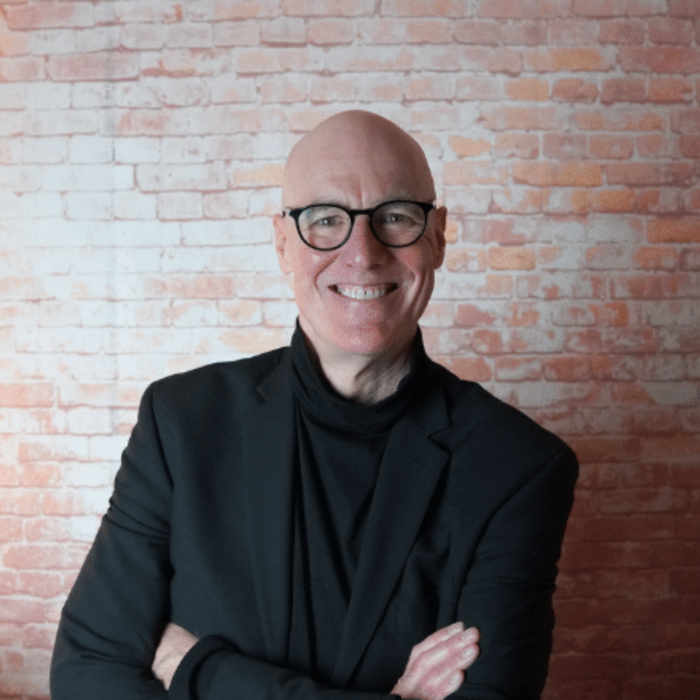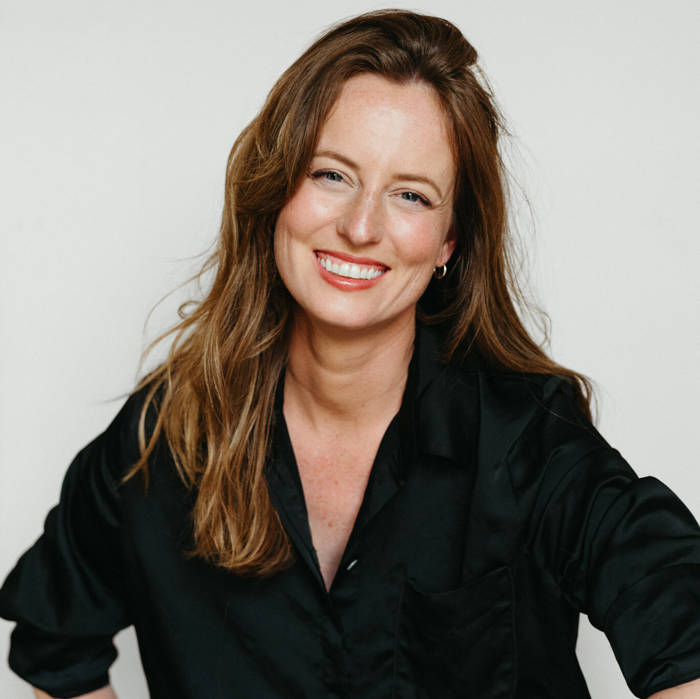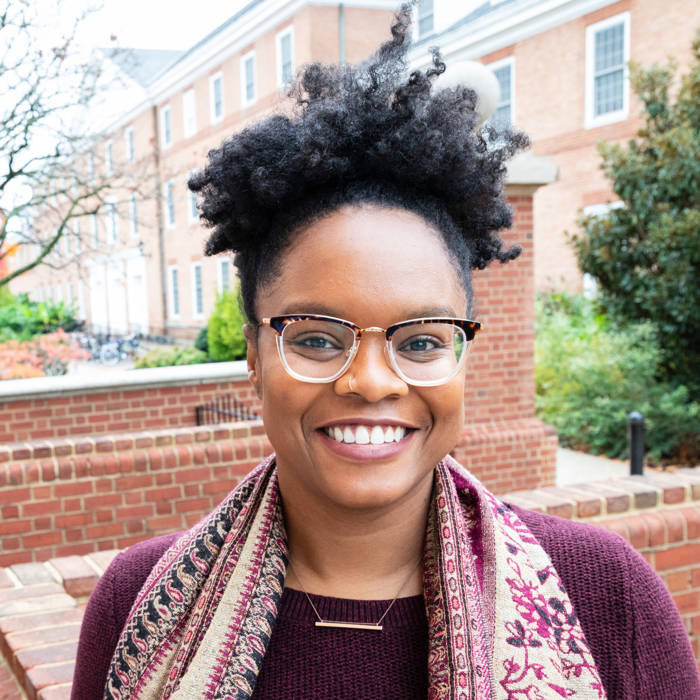The Estill Voice Model©: Research behind Jo Estill’s paradigm shift in voice training and treatment
Tuesday 17th September 2024, 5:00 PM - 7:00 PM (London Time)
For over 40 years, the Estill Voice Model (EVM) has defined voice quality according to the physiologic adjustments that correlate to acoustic and auditory-perceptual correlates. In other words, movement of the vocal anatomy that you can FEEL produces a characteristic acoustic soundwave and spectral shape that you can SEE that results in a unique voice timbre or quality that you can HEAR. EVM addresses the daunting degrees of freedom issue in voice motor control by isolating the Craft of voice production from the Artistry and Performance Metaphysics. The EVM proposes an integrated implicit-explicit approach for voice motor learning that flows through all training and therapy protocols. Implicit instructions include auditory-perceptual prompts (e.g., quack like a duck to produce “twang”) and explicit prompts train physiologic conditions of the vocal anatomy correlated with the voice quality (e.g., narrow your aryepiglottic sphincter to produce “twang”). Estill Voice Training® exercises informed by the EVM address power, source and filter properties of voice production, and include: narrowing the aryepiglottic sphincter for “ring” in opera & belt and for increased power in hypofunctional voices; and varying vocal fold mass for register shifts and optimizing contact for hyperfunctional voices. Speakers, singers, and voice patients learn to feel, see, and hear the voice via multiple feedback modes including hand gestures, magnitude estimation of bodily-kinesthetic effort, visual acoustic cues in the real-time spectral analysis program, Estill Voiceprint™. This presentation will highlight scientific research and clinical evidence for using Estill Voice Training® exercises to train and treat all voices, from the novice speaker to the expert performer. Learn about the evidence supporting a new way to Feel, See, and Hear the Voice.
🏷️ Price £30 (UK VAT inclusive)
🎥 Recording automatically sent to all who book (even if you cannot attend live)
▶️ Rewatch as many times as you like
📜 Certificate of attendance available
Kim Steinhauer
Kimberly Steinhauer, Ph.D.,has devoted her entire career to the voice—in song, education, and research. As a singer, she has been employed in a variety of musical venues ranging from pop, musical theater, and opera to sacred music.

Attend this course for as little as £22 as part of the Voice Professional Training CPD Award Scheme.
Learn MoreSorry, this is an archived short course...
We have plenty of upcoming short courses coming soon. See details of some of them below or look at the full list of short courses.

Tuesday 22nd July 2025
5:00 PM - 7:00 PM
Tuesday 29th July 2025
5:00 PM - 7:00 PM
Tuesday 5th August 2025
5:00 PM - 7:00 PM
Tuesday 12th August 2025
5:00 PM - 7:00 PM
Tuesday 19th August 2025
5:00 PM - 7:00 PM
Tuesday 26th August 2025
5:00 PM - 7:00 PM
(London Time)
Certificated Public Speaking Coach qualification - with John Henny

John Henny
Would you like to be a certified public speaking coach? Join the renowned John Henny for this exciting new online course! This six-week online certification course is designed to equip voice teachers with the specialised skills needed to work with public speakers, corporate trainers, educators, and presenters. Unlike a general public speaking course, this program is specifically tailored to train-the-trainer, giving voice professionals structured methodologies, coaching techniques, and applied skills to enhance vocal delivery, confidence, and influence in professional speakers.

Thursday 24th July 2025
5:00 PM - 6:00 PM
(London Time)
Transitioning From Soprano To Mezzo-Soprano - Pedagogical Approaches!

Dr Caitlin Moore
This workshop will explore the considerations for transitioning from soprano to mezzo-soprano. We will examine the history and vocal science related to voice classification as well as interviews with singers and voice teachers. Interviews feature singers who have experienced this Fach change themselves, as well as voice teachers who have helped singers navigate this shift.


Tuesday 29th July 2025
5:00 PM - 7:00 PM
(London Time)
Towards a Jazz Pedagogy: Lessons from Legends and Educators!

Dr Autumn Griffin
Join Dr Autumn Griffin as she explores the foundational tenets of jazz pedagogy as both a conceptual and practical framework for teaching, in this two-hour workshop. Drawing from her research in “Towards a Jazz Pedagogy: Learning with and from Jazz Greats and Great Educators,” she’ll investigate how jazz (its historical and cultural legacy, structure, improvisation, and relationality) can be mobilized to inform dynamic, liberatory educational practice!
